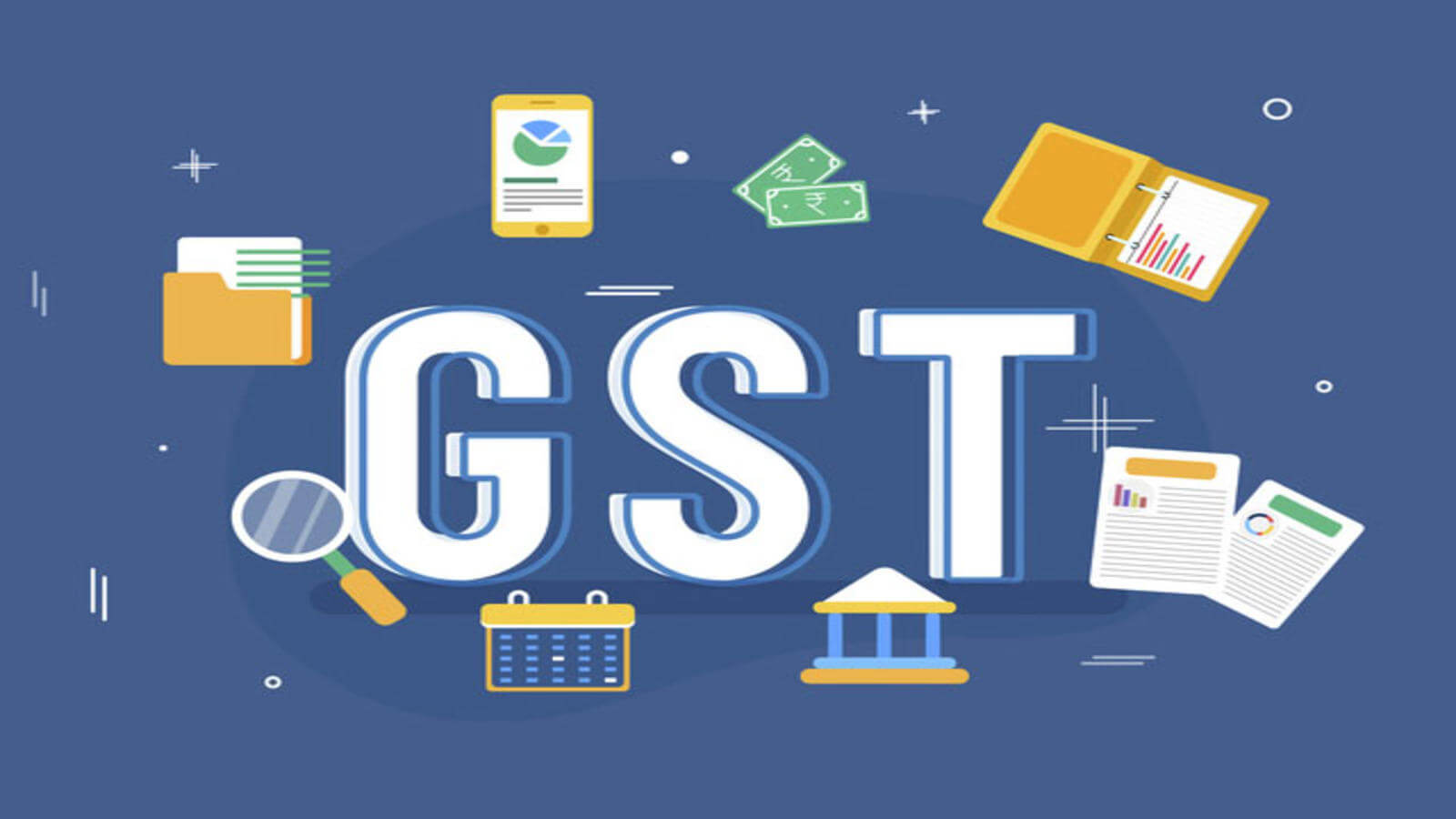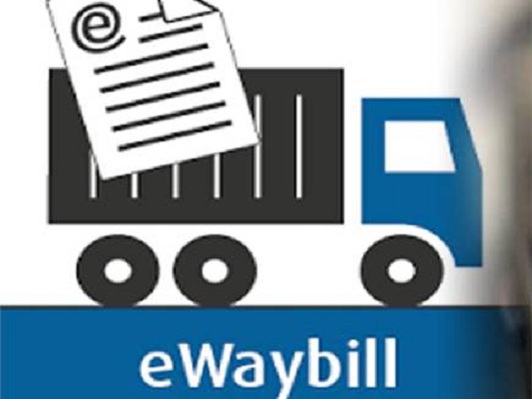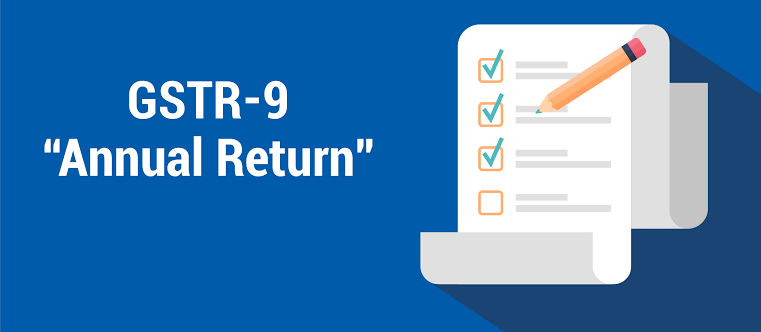Dear Reader / Subscriber,
Team Clearmytax.in wishes you and your family a very happy and a prosperous New Year 2021.We hope this year will bring warmth of love and positivity in your life and that we will get rid of Covid-19 pandemic at the earliest !!!
In recent past we have have witnessed several amendments being made in the CGST Act, 2017 as well as CGST Rules, 2017 which are effective from 1st January, 2021.For ready reference of the readers the gist of all such amendments are tabulated below:
Notification No. | Topic/Section/ Rules of CGST Act/ Rules | Remarks
|
| E-invoicing made mandatory for taxpayers having aggregate turnover exceeding Rs. 100 Crores, w.e.f 1st January, 2021 | ||
| Amended Notification No. 13/2020 – CT dated 21st March, 2020 | GST E-invoicing has been made applicable to Registered Person (other than SEZ unit, Insurance Company, banking company, financial institution including non-banking financial institution, GTA, supplier of passenger transportation service, supplier of services by way of admission to exhibition of cinematograph films in multiplex screens) whose aggregate turnover in any preceding financial year from 2017-18 onwards exceeds Rs. 100 crore in respect of supply of goods or services or both or for exports. It may be noted that GST e-invoicing was earlier made applicable to taxpayers having aggregate turnover exceeding Rs 500 crore from 1st October, 2020. | |
Sections 119, 120, 121, 122, 123, 124, 126, 127 and 131 of Finance Act, 2020 have come into force from 1st January,2021 | ||
Section 10(2) (Composition levy) | Section 119 of the Finance Act, 2020 has inserted the words “or services” after the words “of goods” in section 10(2) of the CGST Act,2017. Due to the amendment apart from above condition, a composition supplier cannot: a) Supply services which are not leviable to tax under the CGST Act, 2017; b) Engage into Inter-state Supply of services; c) Supply services through an electronic commerce operator who is required to collect tax under Section 52 of the CGST Act, 2017. | |
| Section 16(4) [Eligibility and conditions for taking Input Tax Credit (“ITC”)] | Section 16(4) of the CGST Act, 2017 provided a time limit for availing Input Tax Credit with respect to an invoice or debit note. The time limit for availing Input Tax Credit against a debit note was linked with the date of invoice against which such debit note was issued. Now with the above amendment the time limit for availing of ITC in respect of a debit note has ben delinked from the date of invoice and time limit for availing of ITC shall be determined considering the date of the debit note. Thus, ITC on debit notes issued after 6 months from the end of the financial year to which invoice pertains can be availed post amendment. | |
Section 29(1)(c) (Cancellation or suspension of registration) | The effect of the above amendment is that the person who has taken voluntary registration under Section 25(3) of the CGST Act, 2017, who was otherwise not required to get registered under Section 22 or Section 24 of the CGST Act, 2017, can now apply for cancellation of registration which was not permissible earlier. | |
| Proviso to Section 30(1) (Revocation of cancellation of registration) | Empowers jurisdictional Additional / Joint Commissioner and Commissioner to extend the period of 30 days / 60 days to file an application for revocation of cancellation of registration. | |
Proviso to Section 31(2) (Tax invoice) | The proviso to Section 31(2) of the CGST Act has been amended to widen the powers to the Central Government to notify the categories of services in respect of which a tax invoice shall be issued within such time and in such manner as may be prescribed. Thus, the Central Government can now even prescribe a different time limit for issuance of tax invoices for such categories of services as may be notified. | |
| Section 51(3) (Tax deduction at source) | Section 51(1) of the CGST Act, 2017 mandates certain class of person, specified therein and as notified by the Central Government, to deduct tax at source at the time of making payment to the supplier. The above amendment provides that the form and manner of issuing certificate for deduction of tax at source shall be provided in the CGST Rules, 2017. Further, the provision imposing late fee for not issuing the certificate within the prescribed time limit has been omitted. | |
Section 122 (1A) (Penalty for certain offences) | Seeks to insert a new sub-section (1A) so as to make the beneficiary who retains benefit or at whose instance a supply has been made without the issuance of an invoice, or invoice has been issued without supply, or excess ITC has been availed/distributed liable for penalty as that of actual supplier/recipient. The purpose of the above amendment is to penalize the person who is the ultimate beneficiary of the fraud transactions and the person at whose direction the fraud transaction has been conducted. | |
| Section 132 (Punishment for certain offences) | Seeks to amend Section 132 so as to make the offence of fraudulent availment of ITC without invoice or bill, cognizable and non-bailable offence under sub-section (1) of Section 69 and to make any person who retains the benefit of certain transactions and at whose instance such transactions are conducted liable for punishment. | |
Schedule II, Para 4 (Activities or transactions to be treated as supply of goods or supply of services) | Omitted the words “whether or not for consideration” with effect from July 1, 2017, so as to give clarity to the meaning of the entries (a) and (b) of said paragraph 4, while aligning the same with Section 7(1), (1A) and Schedule I (supply without consideration) of the CGST Act. The intention of the above amendment may be to remove the possible overlapping of Schedule II into Schedule I of the CGST Act, 2017. For further details click here | |
Important changes made to CGST Rules, 2017 vide CGST (Fourteenth Amendment) Rules, 2020 effective from 1st January, 2021 | ||
Reduction in ITC entitlement for invoices not furnished by supplier from 10% to 5% | ||
Rule 36(4) amended | Restriction on claiming ITC in respect of invoices/debit notes not furnished by the suppliers has now been reduced from 10% to 5% of eligible credit available in GSTR-2B. It may be noted that Rule 36(4) when introduced from 09-10-2019 had allowed a grace of 20% which was later reduced to 10% from 01-01-2020 and now further been reduced to 5% from 01-01-2021. | |
Restricting use of ITC amount for discharging output tax liability in GST | ||
| New Rule 86B introduced | It is applicable where value of taxable supply other than exempt supply and export, in a month exceeds INR 50 lakh. Taxpayer is not allowed to use ITC in excess of 99% of output tax liability. Certain exceptions provided to above restrictions are: For further details Click here | |
Validity of e-way bill narrowed by increasing distance from 100 km. to 200 km. per day | ||
| Rule 138 amended | E-way bill will now be valid for 1 day for every 200 km of travel, as against 100 km earlier, in cases other than Over Dimensional Cargo or multimodal shipment in which at least one leg involves transport by ship. For every 200 km. or part thereof thereafter, one additional day will be allowed. | |
| ||
QRMP Scheme for filing GSTR-3B on quarterly basis with monthly payment of taxes for registered person having aggregate turnover up to Rs. 5 crores | ||
| Notified class of persons w.r.t. implementation of the Quarterly Return Filing and Monthly Payment of Taxes (“QRMP”) Scheme | (i) the return for the preceding month, as due on the date of exercising such option, has been furnished: (ii) where such option has been exercised once, they shall continue to furnish the return as per the selected option for future tax periods, unless they revise the same It may be noted that the option to avail QRMP Scheme is GSTIN wise. Therefore, few GSTINs under one PAN can opt for the Scheme and remaining GSTINs may remain out of the Scheme. | |
Special procedure for making payment of 35% as tax liability in first two months by small taxpayers opting for QRMP Scheme | ||
Special procedure for making payment of 35% as tax liability in first two months by small taxpayers under QRMP Scheme | Registered Persons notified under proviso to Section 39(1) of the CGST Act, who have opted to furnish a return for every quarter or part thereof (QRMP Scheme) , may pay the tax dues in first month or second month or both months of the quarter under proviso to Section 39(7) of the CGST Act, by way of making a deposit of an amount in the electronic cash ledger equivalent to, – It may be noted that no amount is required to be deposited: It is important to note that Registered Person shall not be eligible for this special procedure unless he has furnished the return for a complete tax period (in which the person is registered from the first day of the tax period till the last day of the tax period) preceding such month. For detailed FAQs on QRMP Scheme Click here | |
Frah Saeed is a law graduate specializing in the core field of indirect taxes and is the Co-founder of taxwallah.com. She has authored many publications on GST and is into full-time consultancy on GST to big corporates. She as a part of taxwallah.com heads a team comprising of Chartered Accountants and Advocates and plays a key role in our mission to disseminate GST knowledge to all.




